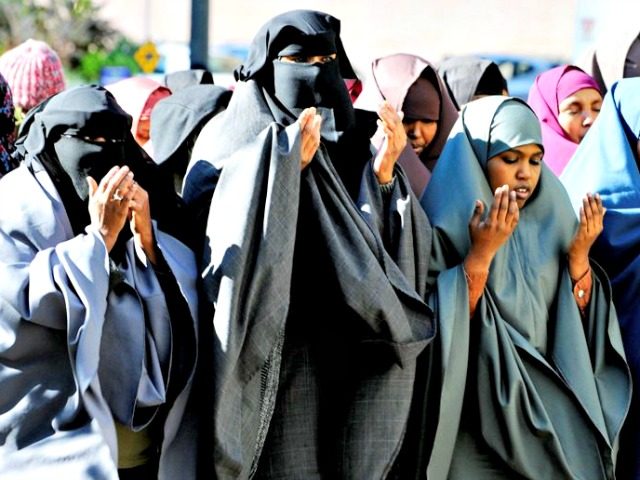Minnesota Health Commissioner Dr. Ed Ehlinger sounded an alert on more frequent and costly threats to the public health, referencing measles, tuberculosis, and even the Zika virus and syphilis, according to a statement released by the MDH on Wednesday as reported by Hometownsource.com.
“In recent months, state and local public health officials have had to respond to a series of infectious disease outbreaks including multi-drug resistant tuberculosis, hundreds of new cases of syphilis, and now, the largest measles outbreak the state has faced in nearly 30 years. These outbreaks come on the heels of extensive public health efforts in 2016 for the Zika virus response and in 2014-15 for Ebola preparedness,” he added:
Minnesotans rightly expect a rapid and effective response to these threats, but current state funds lack the flexibility needed to deal with emergent disease threats. We cannot continue diverting funding and resources away from other vital public health services to respond to disease outbreaks and threats.
With state and local response costs for the first half of 2017 approaching $3 million just for measles, tuberculosis and syphilis, I respectfully request that the legislature create a public health response contingency fund of $5 million to ensure sufficient resources are available for immediate, life-saving actions to protect Minnesotans from infectious disease outbreaks and other unanticipated public health threats. Governor Dayton has given me his support for this proposal and we will advocate for its inclusion in any final legislative budget agreement.
Ehlinger’s request comes three months after the state of Minnesota joined the state of Washington’s successful challenge to President Trump’s Executive Order 13679, which temporarily banned travel from seven Middle Eastern countries and temporarily halted the refugee resettlement program until it was halted by a federal district judge on February 3.
Minnesota is currently in the middle of the largest outbreak of measles in over twenty years. As of Tuesday, 50 cases of measles have been diagnosed in the state since the first case was reported on April 11, 45 of which have been diagnosed in Somali Minnesotans.
As Breitbart News reported previously, 90 percent of the 168 cases of active tuberculosis diagnosed in Minnesota in 2016 were foreign-born, much higher than the 67 percent of foreign-born cases that accounted for the 9,287 cases of active TB diagnosed in the United States in 2016.
Fourteen of those cases were from newly arrived refugees, eleven of whom were diagnosed with active TB in medical screenings overseas but were nonetheless allowed to resettle in Minnesota by the Obama administration’s Department of Homeland Security.
Eight of those 168 cases diagnosed were multi-drug resistant (MDR) TB, an extremely dangerous and expensive to treat form of the disease.
“The refugee community in Minnesota, and particularly the Somali refugee community, has been at the center of several recent public health issues in the state,” as Breitbart News reported.
“During the five years between 2010 and 2014, 732 cases of active TB were diagnosed in Minnesota. Of these, 81 percent, or 593, were foreign-born. Of foreign-born cases, 50 percent, or 296, were refugees, according to ‘The Epidemiology of Tuberculosis in Minnesota, 2010-2014,’ a report published by the Minnesota Department of Health,” Breitbart News reported previously.
“Twenty-nine percent of the 593 foreign-born cases of active TB diagnosed in Minnesota, or 161, were attributed to Somali born migrants. Almost all Somali migrants to the United States have arrived under the federal refugee resettlement program,” Breitbart News noted.
According to the Minnesota Refugee Health Report for 2015 issued by MDH, three out of 1,035 newly arrived refugees screened for syphillis were infected with the disease. Less than half of the 2,244 arriving refugees who were medically screened were screened for syphlis, while 2,137 were screened for TB infection.
One year earlier, according to the Minnesota Refugee Health Report for 2014 issued by MDH, seven out of 1,172 newly arrived refugees screened for syphillis were infected with the disease. Less than half of the 2,505 arriving refugees who were medically screened were screened for syphlis, while 2,377 were screened for TB infection.
Minneapolis St-Paul has the largest Somali community in the United States, estimated to about 70,000 in total.
Since January 1, 2002, a total of 41,261 refugees have been resettled in Minnesota by the federal government, 16,386 of whom (39.7 percent) are from Somalia, according to the Department of State’s interactive website.

COMMENTS
Please let us know if you're having issues with commenting.